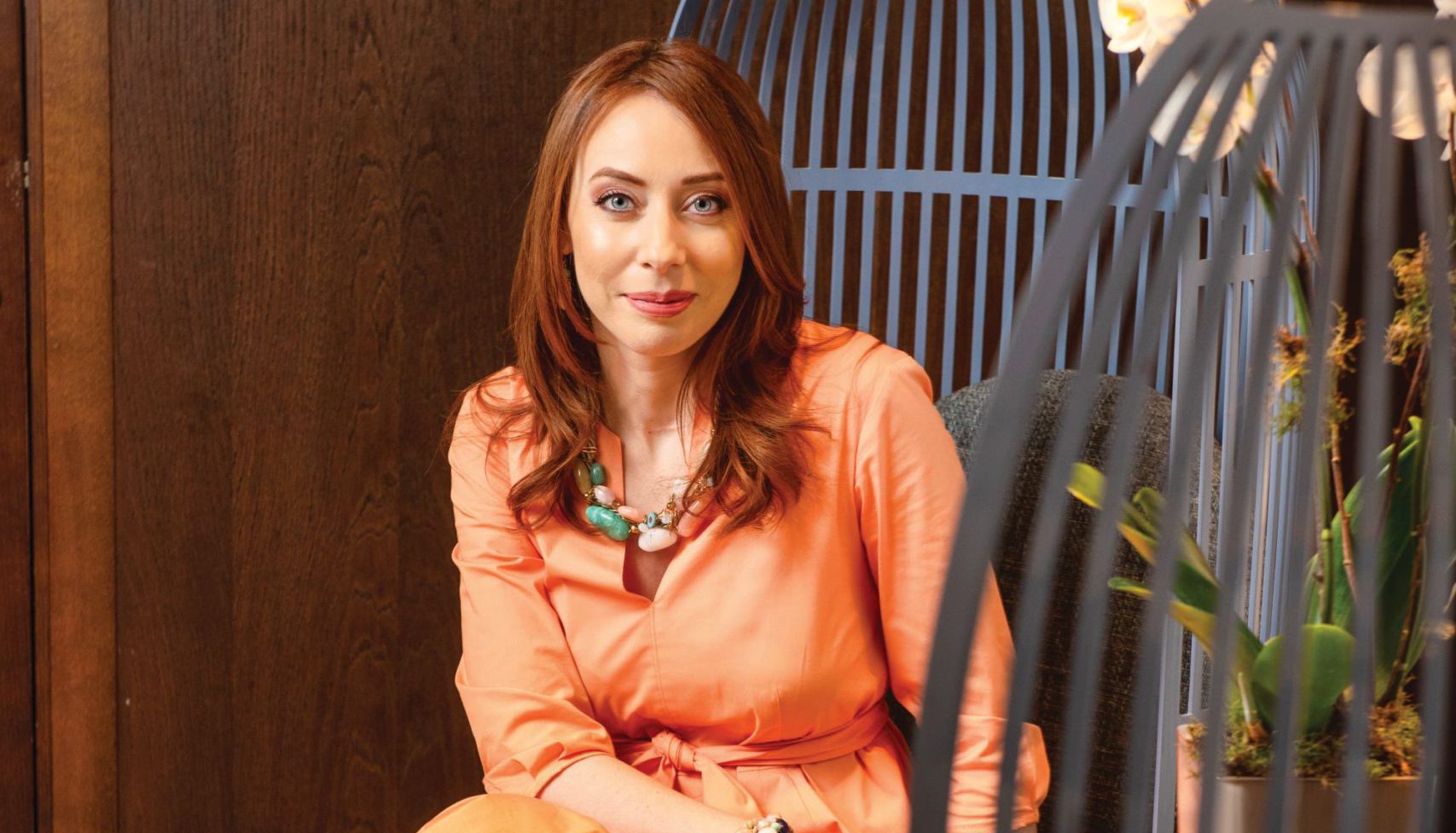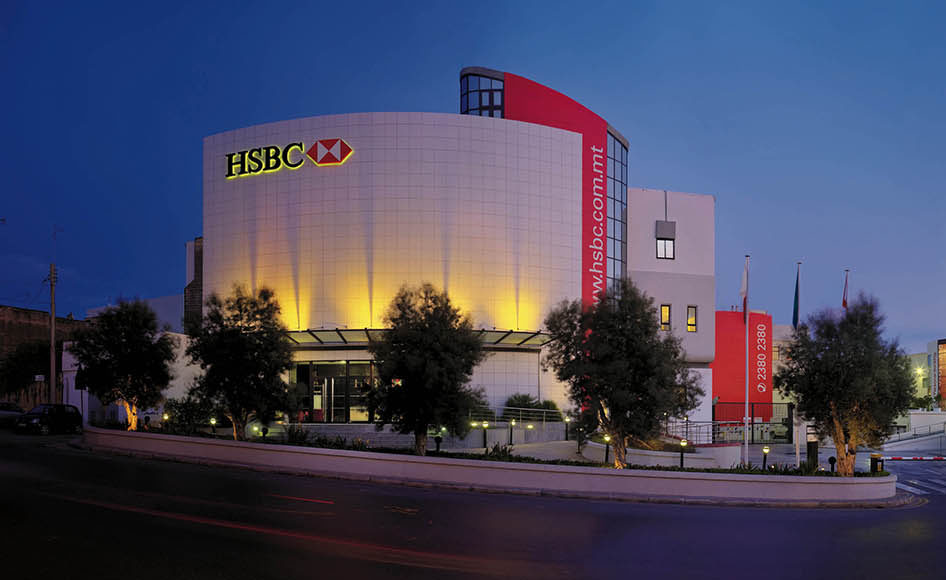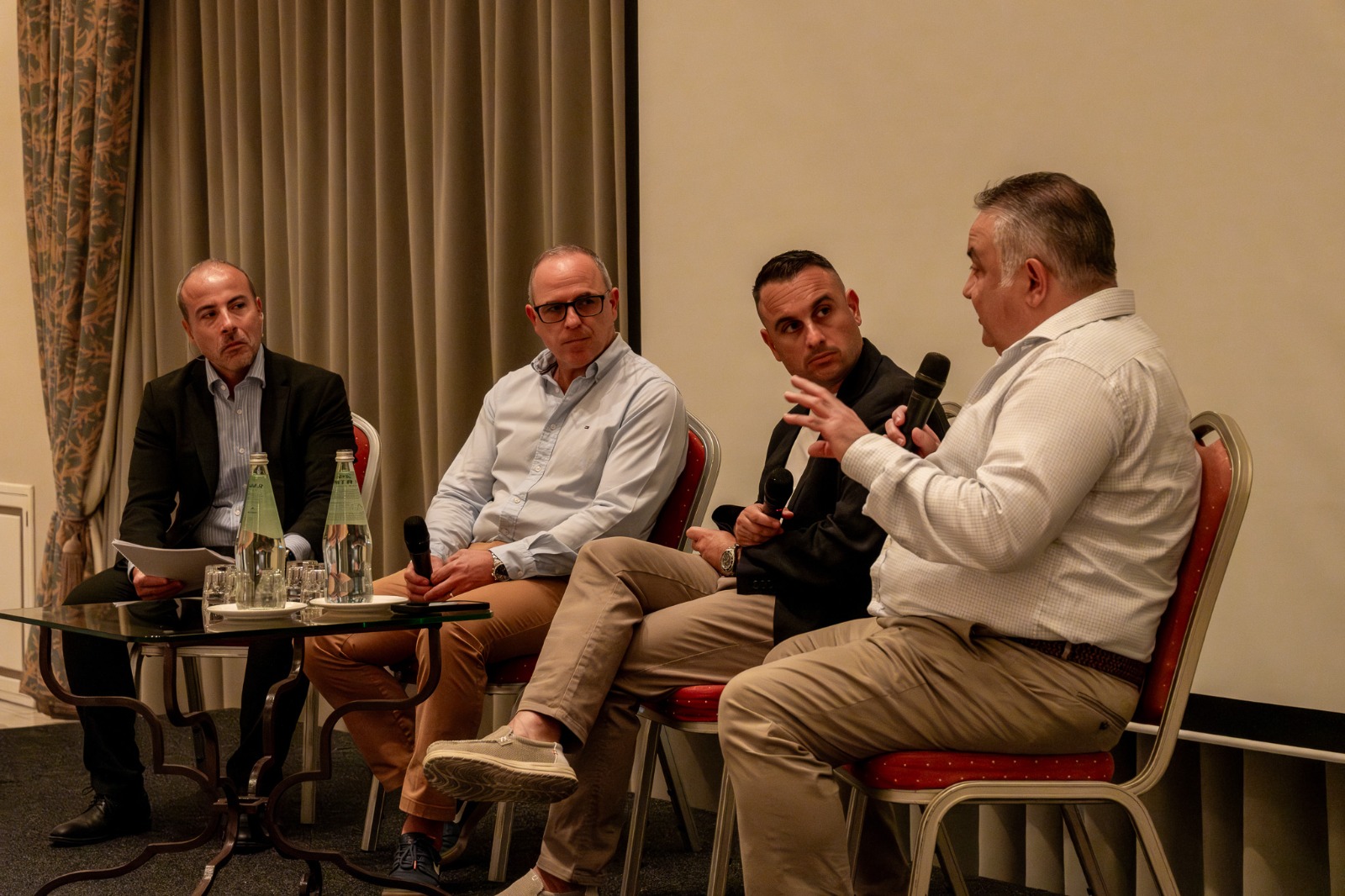Abigail Agius Mamo, chief executive officer of the Malta Chamber of SMEs, agrees that, while the COVID-19 pandemic and the war in Ukraine can be seen as major reasons behind the current wave of inflation, “excessive increases in the prices of logistics, which started off as an effect of the crisis caused by COVID-19, has continued to spiral out of control.”
Indeed, “it was beyond what could be expected from the market adjusting to the situation” being also impacted by low supply and higher consumer demand. Moreover, she says, international shipping companies have seen opportunity in the crisis, and their profits have ballooned, now reaching billions of euro every year.
“We also need to keep in mind that, in Malta, we’re not being hit with the full extent of global price increases since the Government is subsidising a number of products. If these subsidies had to be removed, we’d be feeling the impact more,” Ms Agius Mamo attests, adding that Malta is additionally exposed due to its geographic position, its size and insularity.
In this light, it is clear that more extensive support plans are needed, she continues. “Businesses and industry cannot cope alone. There needs to be a Public-Private-Partnership (PPP) or some sort of incentive scheme because Malta is particularly vulnerable. For, during a time of crisis, as indeed, during the COVID-19 pandemic and now the war in Ukraine, some countries become protectionist and may forbid basic goods from leaving their countries. Therefore, it becomes costlier to acquire even the basic necessities. At the moment, the Malta Chamber of SMEs is liaising with businesses to help them look at alternative markets from which to source products. Unfortunately, everywhere has become expensive and it is not easy to find cheaper alternatives.”
In her view, Government needs to lobby the European Union more effectively to allow Malta to use state aid rules “better”: “with regards to state aid, we’re very limited in how much we can help industry and we need to make a case for Malta, lobby for assistance programmes from the EU, and ensure parity between member states so that countries like Malta are not disproportionately affected due to their unique circumstances.” Moreover, she continues, the bloc needs to continue its efforts to be self-sufficient – “the EU is composed of countries that are dependent on other countries like Russia; it should distance itself from volatile markets and try to incentivise states to remove their dependency on singular sources.”
The rest of this year might not see much change, she continues, for a lot depends on how the situation develops in Ukraine. “The war doesn’t look like it’s going to end any time soon; we don’t know how far our subsidies will take us, or how scarce some products will become. Some countries are already bulk buying and, here in Malta, we cannot compete with bigger economies. The war has destabilised everything and no solution will happen from one day to the next. However, things could stabilise in the short term. If they do, consumer confidence will be strengthened,” she concludes.
This feature was first carried in the summer 2022 edition of Business Now magazine, the sister brand to BusinessNow.mt
Featured Image:
SME Chamber CEO Abigail Agius Mamo / Photo by Alan Carville
Maltese retailers warned to adapt as consumer loyalty declines
Malta Business Network panel explores impact of changing consumer habits
Full-time employment in Malta rises 3.7% in March as labour market expands
Administrative data provided by Jobsplus shows that the labour supply (excluding part-timers) reached 295,814
Malta in the running for Delta Air Lines’ new transatlantic route
At present, travellers between the US and Malta rely on stopovers in major European cities






